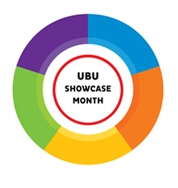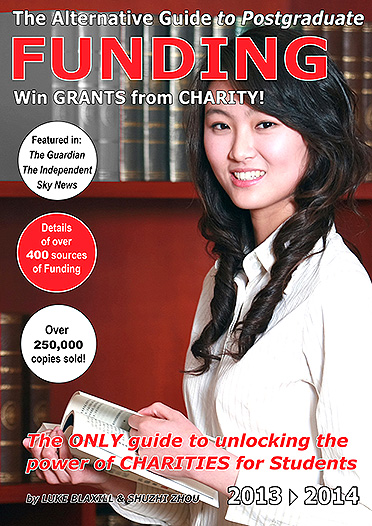Guest blog post from Imogen Palmer, Vice President Activities, UBU
I grew up in the countryside, where the biggest opportunities were writing the obituaries for the local paper and playing the young William Wordsworth in my hometown’s annual history walk. I was overwhelmed when I arrived at Bristol by the 200-plus societies and clubs it had to offer, and I went a bit overboard. I acted in a play but realised I didn’t like acting. I went to kick-boxing and decided I didn’t want to be a ninja. I was an editor for the student paper and found I didn’t want to be journalist. Doing UBTV, the student TV station made me realise I didn’t want to be a TV researcher.
The most common thing I hear undergraduates say is ‘I don’t know what I want to do’. Most of us dread the ‘post-uni’ question that family insist on asking every time they see us, but not knowing is no bad thing. I had no idea what I wanted to do when I arrived at uni and I’ve managed to narrow it down so far. I don’t know any other point in your life where you can try on this many different ‘lives’, so to speak, and figure out what really stokes your passion.
It’s not all about getting ‘transferable skills’ or plumping out your CV, even if that’s an added bonus. It’s about working out what you like and being able to make the most educated choice possible about which direction to go in, because there isn’t just one.
My involvement with activities led me to the firm conclusion that I love people and I love trying new things. Therefore, when the opportunity arose to campaign for a job that would involve enabling more people to try things, in the form of VP activities, I leapt at the chance.
And that’s not just for the first-years; it’s for the second-, third-, final-years and post-grads as well. Life doesn’t stop in the library. Go and seek adventure during UBU Showcase Month, try something new and see what happens. Remember: if you’re finding it too expensive to get involved with activities outside your course, you can apply to UBU’s fair access fund: ubu.org.uk/activities/committee_resources/funding/.
We’ve had great feedback from student groups so far about Showcase Month, with lots of people trying new things, from canoeing to cross-country running. Volunteering Week kicks off this week so get on it! May I particularly recommend ‘Bristol’s Got Talent’ on Monday 24th February and the Volunteering Fair on the 27th.
Bristol’s Got Talent: facebook.com/events/731175766900390/
Volunteering Fair: facebook.com/events/750510671625775/
Full UBU Showcase listings: ubu.org.uk/events/
Imogen Palmer
Vice President Activities
University of Bristol Students’ Union
Some further info:
- UBU Volunteering have produced a handy guide to volunteering at Bristol that provides more information about how to get involved: ubu.org.uk/pageassets/activities/volunteering/Volunteering_Guide_2013_FINAL.pdf
- UBU Volunteering will soon be launching a new database where you’ll be able to sign up and join various volunteering projects. In the meantime, you can join the Volunteering Mailing List and follow UBU Volunteering on Facebook to be kept up to date with current opportunities: ubu.org.uk/activities/volunteering/getinvolved/
- Week commencing 24th Feb 2014 is Student Volunteering Week (SVW). SVW is a nationwide celebration of all things student volunteering! UBU Volunteering will be teaming up with Bristol Hub to put on a load of exciting volunteering events and competitions throughout the week. Find out what’s on online: ubu.org.uk/activities/volunteering/
- As part of SVW, the Careers Service will be running the following event for students:
Careers in the Third Sector: How to sell volunteering on your CV – Tuesday 25th February, 3pm
This session is an opportunity to hear tips for accessing careers in the Third Sector, including useful resources and effective planning for your next steps. There will also be an opportunity to talk with professionals who have successfully made the transition into this sector. Sign up here: careers.bristol.ac.uk/ViewEvent.chpx?id=206070



